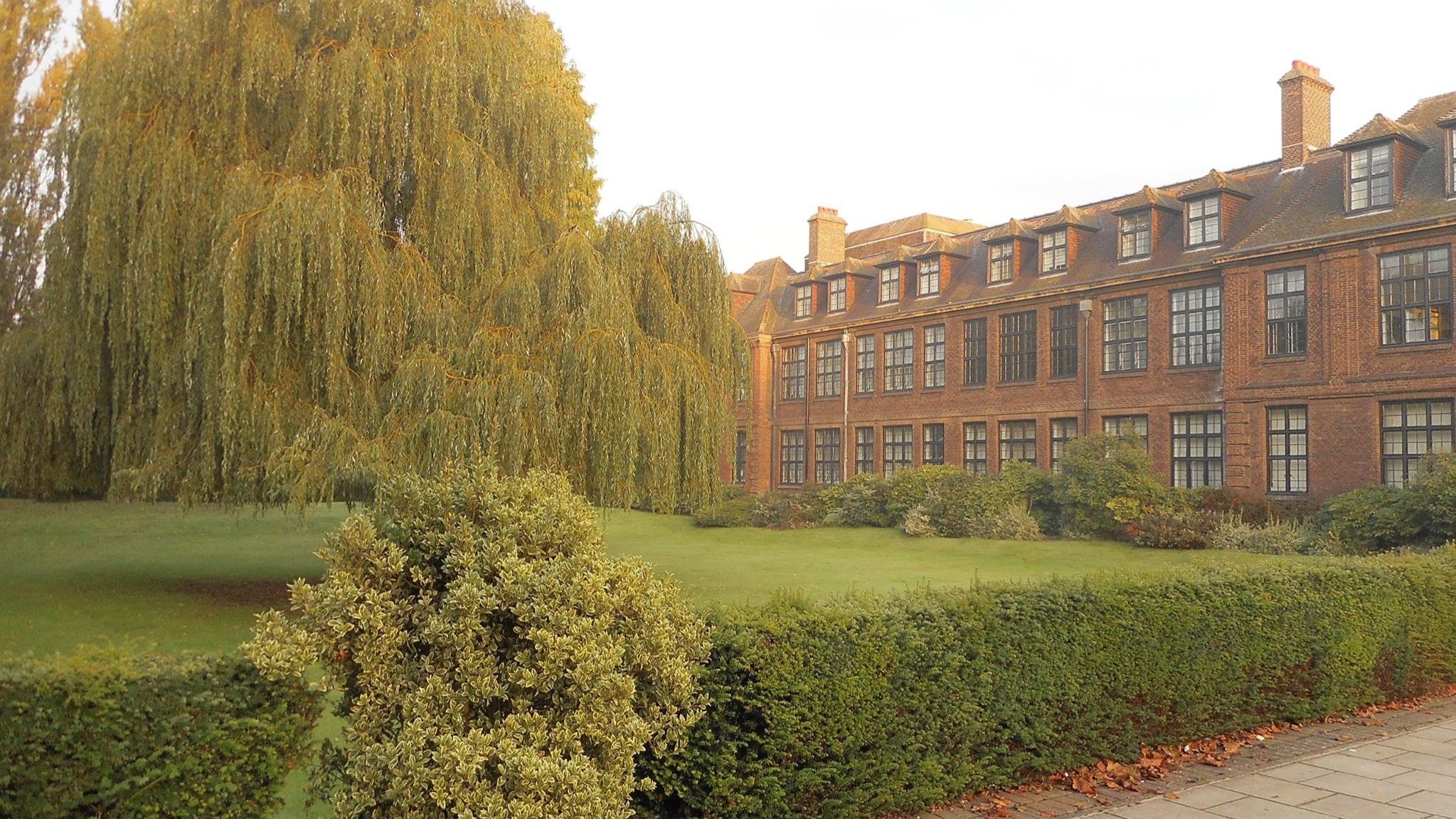Hull University Union becomes latest to disaffiliate from National Union of Students
Exeter, Warwick and Surrey remain affiliated as dozens of others gear up for similar referendums after controversial NUS National Conference in April

Your support helps us to tell the story
From reproductive rights to climate change to Big Tech, The Independent is on the ground when the story is developing. Whether it's investigating the financials of Elon Musk's pro-Trump PAC or producing our latest documentary, 'The A Word', which shines a light on the American women fighting for reproductive rights, we know how important it is to parse out the facts from the messaging.
At such a critical moment in US history, we need reporters on the ground. Your donation allows us to keep sending journalists to speak to both sides of the story.
The Independent is trusted by Americans across the entire political spectrum. And unlike many other quality news outlets, we choose not to lock Americans out of our reporting and analysis with paywalls. We believe quality journalism should be available to everyone, paid for by those who can afford it.
Your support makes all the difference.The students’ union (SU) at Hull University (HUU) has become the latest to announce it is to break away from the National Union of Students (NUS) following the controversial election of Malia Bouattia.
Having conducted a referendum, HUU said it will officially disaffiliate from the NUS after 811 students chose to leave the national student campaigner, while just 476 chose affiliation. Overall, 1,306 students took part in the voting process, around 9.5 per cent of the full-time student population.
The news has come shortly after the SUs at Lincoln and Newcastle voted to disaffiliate from the NUS with Exeter, Warwick, and Surrey, so far, emerging as the ones to remain affiliated, although Surrey did not hold a referendum.
Around a dozen other SUs from across the country have yet to announce their referendum results, including the prestigious Oxford and Cambridge institutions.
If more SUs opt to leave, the financial implications for the NUS could prove severe. One student has claimed Hull’s disaffiliation means the NUS will lose £50,000 - half of the chief executive’s salary and, according to the HUU financial statement for 2014/15, the NUS confirmed its affiliation fee to stand at £51,083.
SUs from across the nation have been campaigning after a controversial NUS National Conference in Brighton last month, with particular discord being felt over the election of the new National President, Malia Bouattia, who faced allegations of anti-Semitism.
Ms Bouattia, though, has strongly denied the claims.
Politicians also criticised delegates for presenting arguments against commemorating the Holocaust during a debate.
Prior to the referendum taking place, HUU said in a statement the NUS provided it with a “benefits statement” which listed the value of the discounts received by the SU as part of purchasing its services as £56,244.75. It later emerged the correct figure was actually £39,137.52 - £17,106.23 less - than originally stated.
HUU confirmed calculation errors had occurred in the benefits statements of other SUs, but that the NUS had contacted all those affected.
HUU added: “We received eight complaints in total from individual students who would have changed their vote from affiliate to disaffiliate in light of the miscalculated figure. Following a review of those complaints, our chief returning officer is satisfied the referendum result is valid.”
Outgoing NUS National President, Megan Dunn, said she was “disappointed” at hearing of the result. She added: “Disaffiliation means breaking up the national movement and it will disadvantage Hull students and undermine the position of HUU, NUS, and students’ unions across the country.
“NUS is already acting on students’ concerns, working on a new democratic framework and we’ve promised to be more transparent and impactful. The only way to improve our national union is to be a part of it. I would love to welcome HUU back to NUS to be part of this process and benefit from the difference this work will make.”
While Lincoln SU president, Hayley Jayne Wilkinson, described how, as a group of elected officers, they “no longer felt confident” the NUS represented the views of Lincoln students, the head of Newcastle’s SU, Dominic Featon echoed this sentiment.
He said it was clear Newcastle students felt the NUS “no longer represents their views, does not prioritise correctly, and is not effective at achieving change.”
Laura-Jane Tiley, head of Exeter’s SU - known as the Guild - described how the interests of Exeter students are best-served by being part of the NUS. She said: “Like the Leave campaign, we do believe the NUS needs to change, but that the best way of doing this is to remain a part of the organisation.”
The Independent has contacted HUU for further comment on the decision.
Join our commenting forum
Join thought-provoking conversations, follow other Independent readers and see their replies
Comments